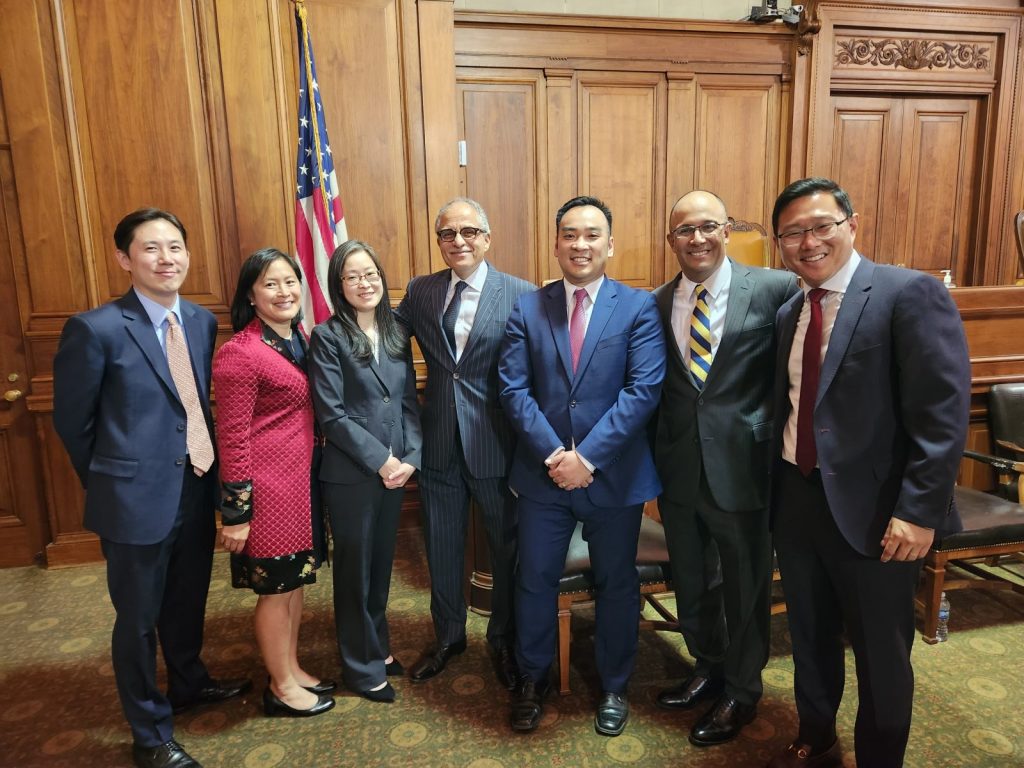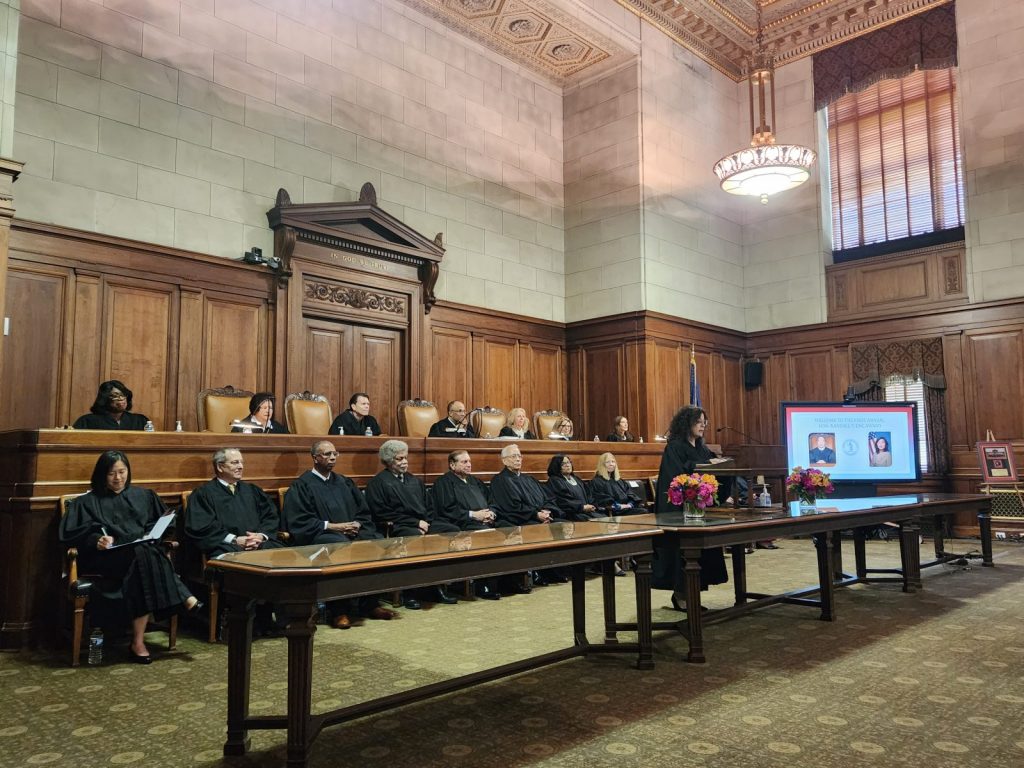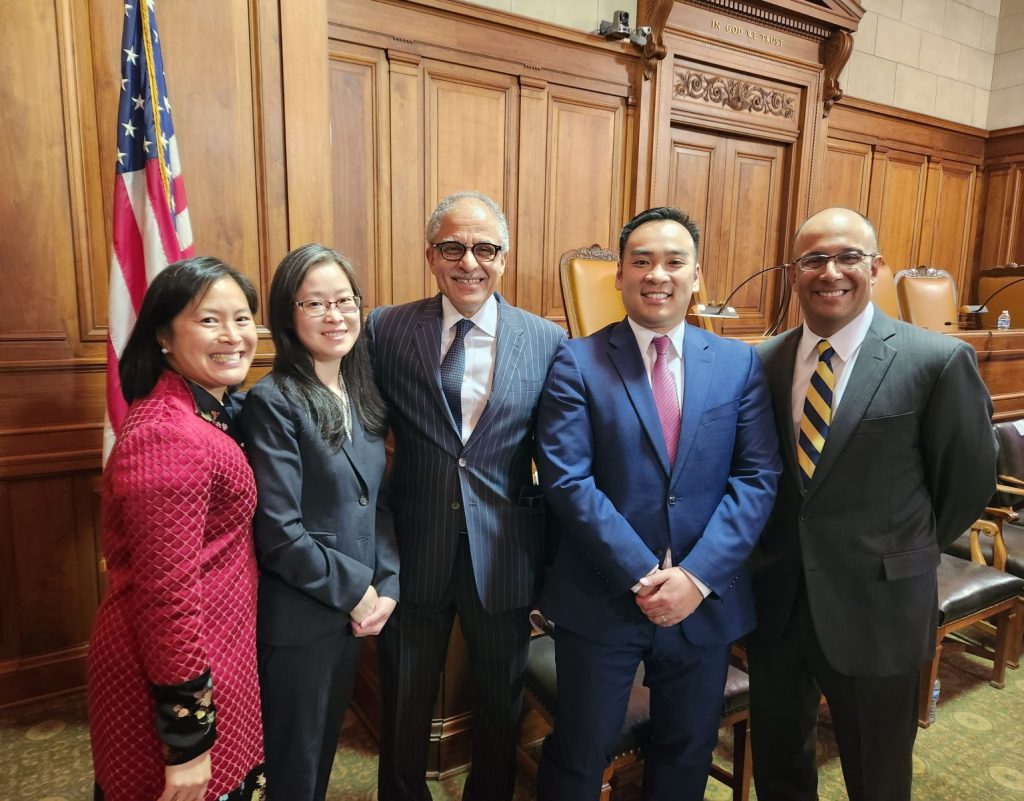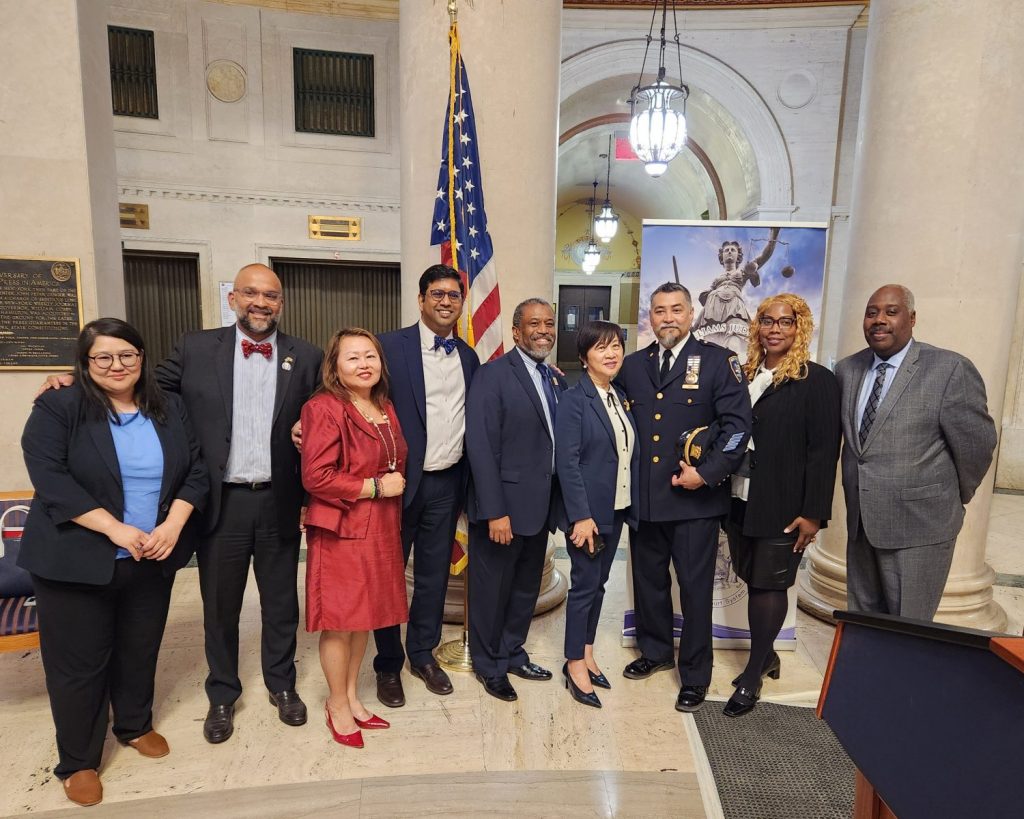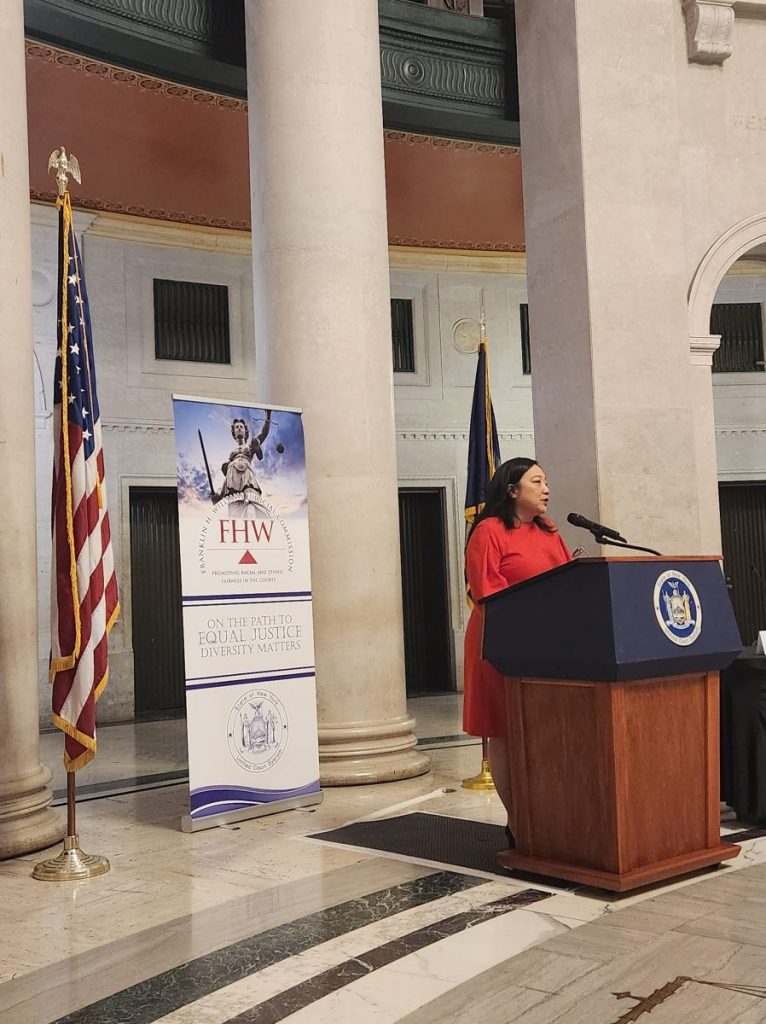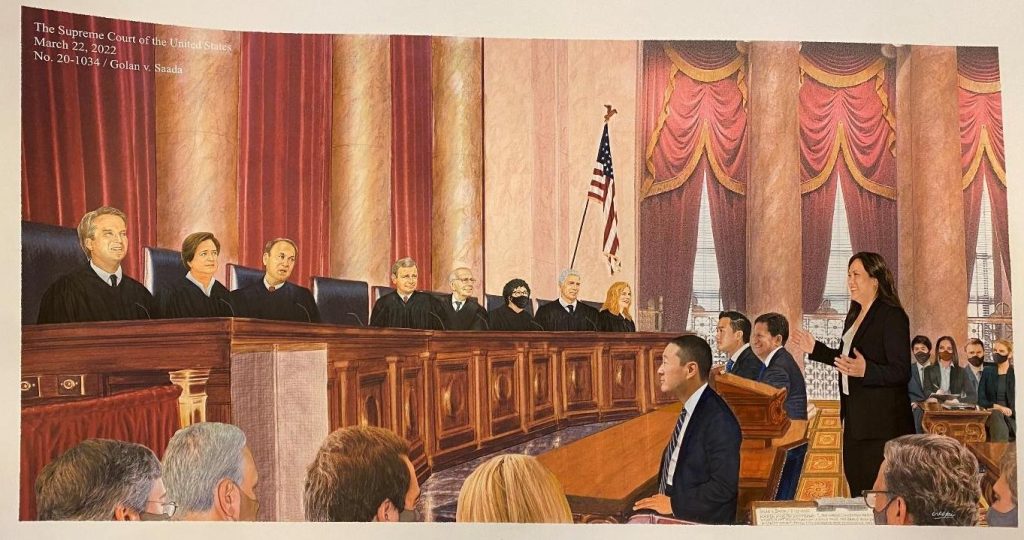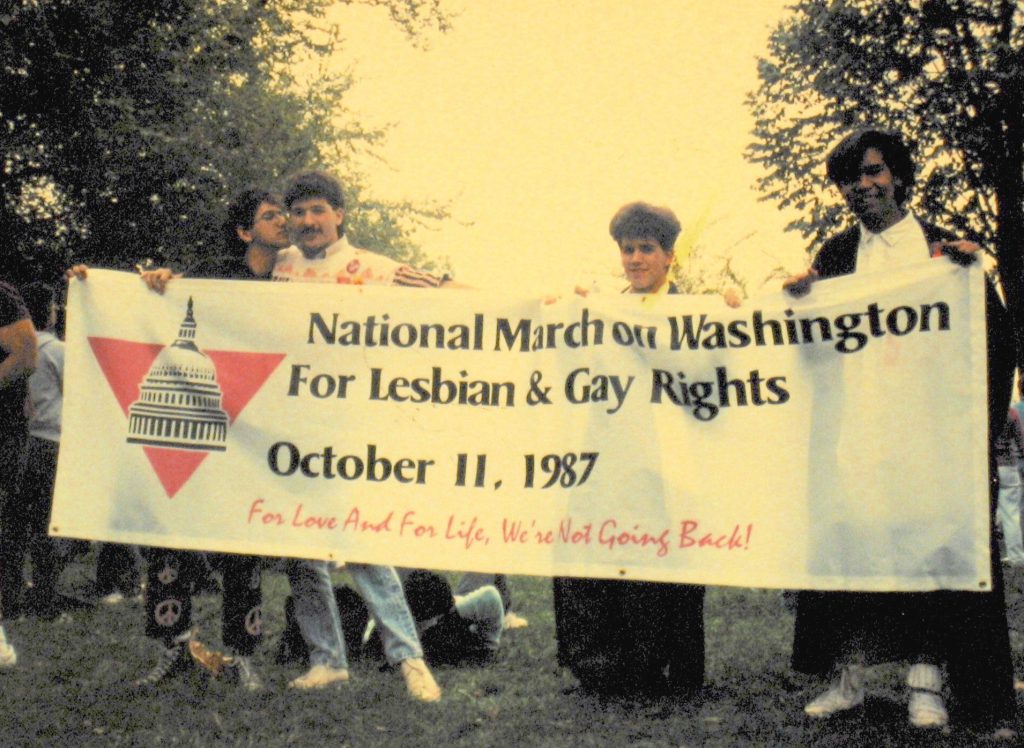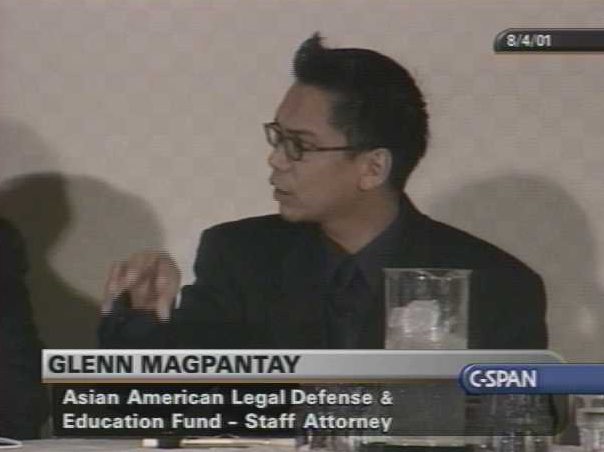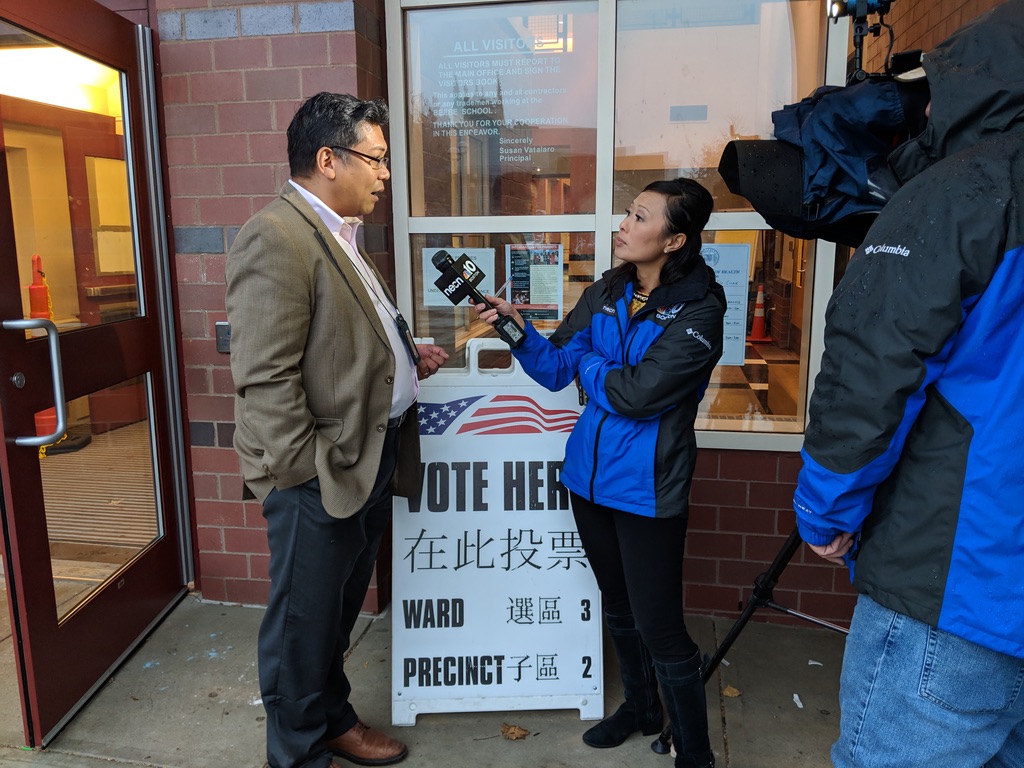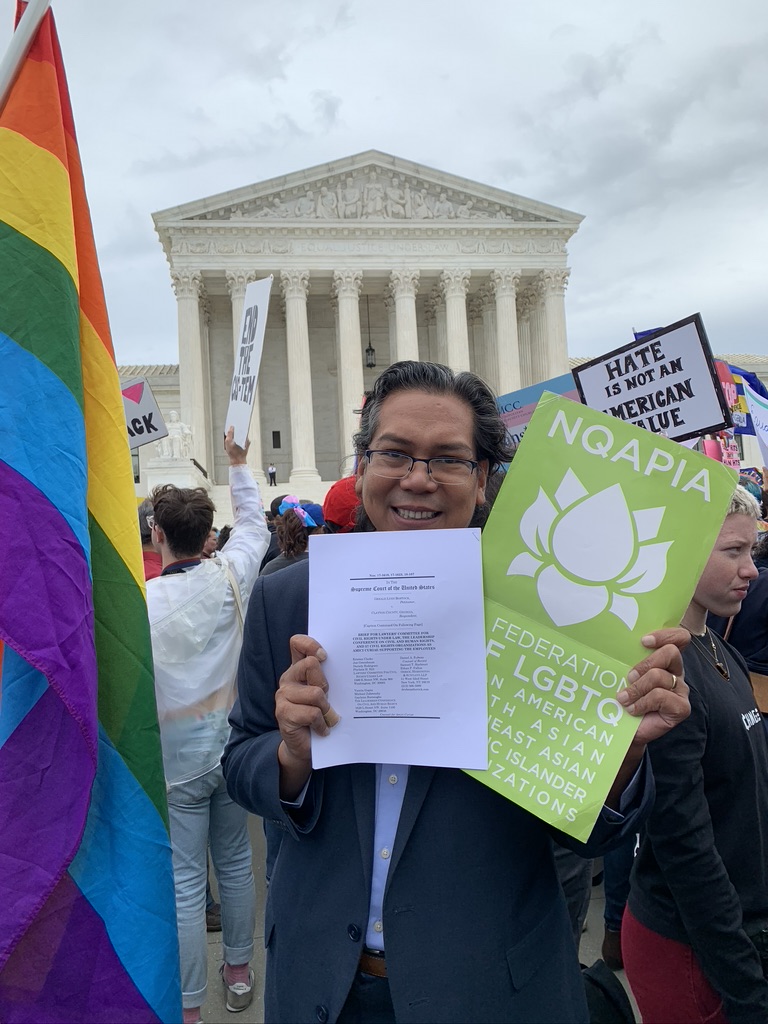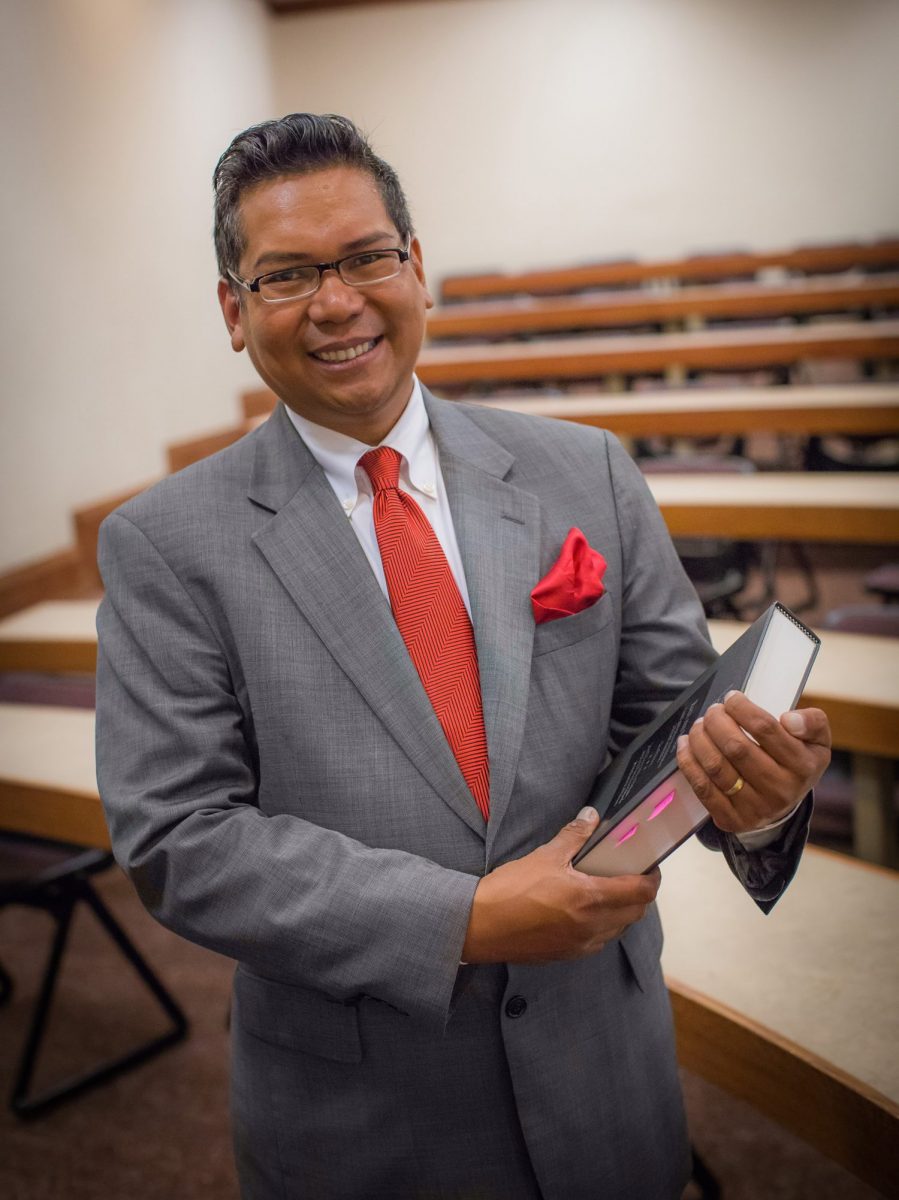
For Immediate Release: Date: November 27, 2023 | Contact: Rahat N. Babar, Deputy Executive Director for Policy |
WASHINGTON – Since 1965, our Nation relied on the promise of Section 2 of the Voting Rights Act. It prohibits state and local governments from advancing any election or voting standard that discriminates on the basis of race or color. For decades, private parties brought numerous enforcement actions under Section 2, which became a critical tool to realize Section 2’s fundamental guarantee of equal voting rights for all Americans. Even the Supreme Court of the United States, as it invalidated a separate part of the Act in Shelby County v. Holder, 570 U.S. 529 (2013), recognized the ability of private parties to enforce Section 2 through litigation, observing not only that “individuals have sued to enforce [Section] 2,” but also that “Section 2 is permanent [and] applies nationwide.” And just this past term, in Allen v. Milligan, 599 U.S. _ (2023), the Supreme Court decided a Section 2 claim in favor of private litigants challenging Alabama’s congressional districting plan.
The United States Court of Appeals for the Eighth Circuit, however, seeks to chart a different course. On November 20, 2023, in a 2-1 decision that disregards decades of precedent, the court held in Arkansas State Conference NAACP v. Arkansas Board of Apportionment that private parties may not bring enforcement actions under Section 2. In its view, only the Attorney General of the United States may do so.
We disagree. Nothing in the plain text of Section 2 compels this result. Considering the long history of Section 2, coupled with Congress’s explicit countenance, the private enforcement mechanism is a central feature of Section 2’s protection of equal voting rights. The Eighth Circuit’s decision, which comes less than a year before the 2024 presidential election, risks upending widespread reliance on a core protection of the Act. If left intact, it leaves any vindication of Section 2 rights to the sole discretion of one government official rather than with the voters themselves.
While this litigation continues, NAPABA continues to call on Congress to strengthen the Voting Rights Act by restoring the Act’s coverage in the aftermath of Shelby County, maximizing the full protections for all eligible Americans to vote, and prohibiting voter suppression efforts that impact the Asian American community along with other communities of color.
###
The National Asian Pacific American Bar Association (NAPABA) represents the interests of over 60,000 Asian Pacific American (APA) legal professionals and nearly 90 national, state, and local APA bar associations. NAPABA is a leader in addressing civil rights issues confronting Asian American, Native Hawaiian, and Pacific Islander communities. Through its national network, NAPABA provides a strong voice for increased diversity of the federal and state judiciaries, advocates for equal opportunity in the workplace, works to eliminate hate crimes and anti-immigrant sentiment, and promotes the professional development of people of all backgrounds in the legal profession.



